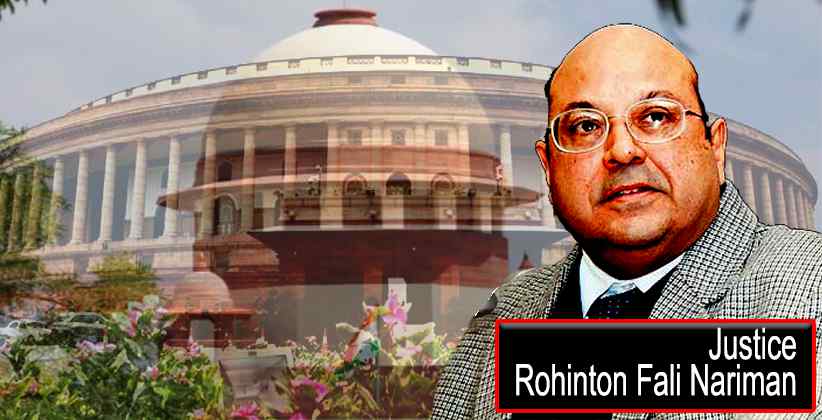The Supreme Court of India through a bench headed by Justice Rohinton Fali Nariman on 21 January, 2020 asked the parliament to rethink it's decision over the power of the speaker to disqualify members of the state assemblies in lieu of horse trading or defection, observing that he also belongs to a political party.
Defection in the literal sense means desertion. Desertion has a harsh penalty if we look at other instances, for example, desertion of the army by an individual leads to a death penalty and similarly desertion of faith also results in a death penalty in various Islamic countries. The 52nd Amendment inserted the Tenth Schedule of the Constitution of India, 1949, which is known as the anti-defection law which laid down a process for the disqualification of legislators on grounds of defection. The laws have however increased the number of instances of horse trading rather than doing the opposite.
This suggestion came to light in a case regarding disqualification pleas filed against lawmakers by the Manipur Assembly Speaker. The apex court gave the speaker four weeks to decide the matter of the disqualification of BJP lawmaker and Manipur Forest Minister Thounaojam Shyamkumar Singh. Singh had won the assembly election on a Congress ticket and later joined BJP thereby becoming a minister, which lead to the plea for his disqualification.
The bench had granted liberty to Congress MLA Fajur Rahim and K Meghachandra to approach it again if the Assembly Speaker fails to take a decision within four weeks on their plea seeking disqualification of the BJP minister.
Author: Nandini Gandhi









